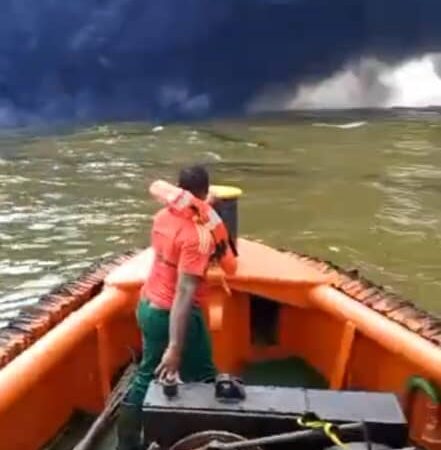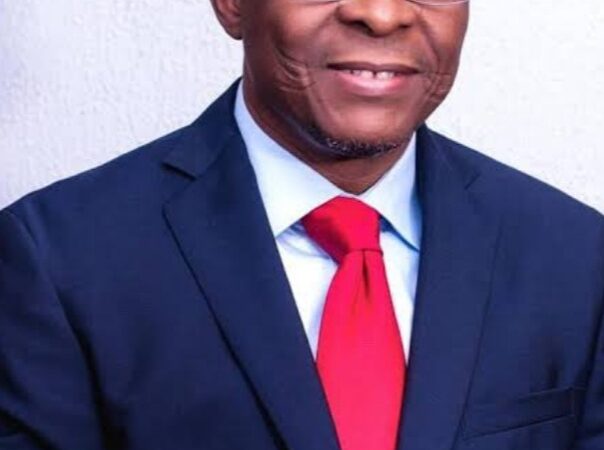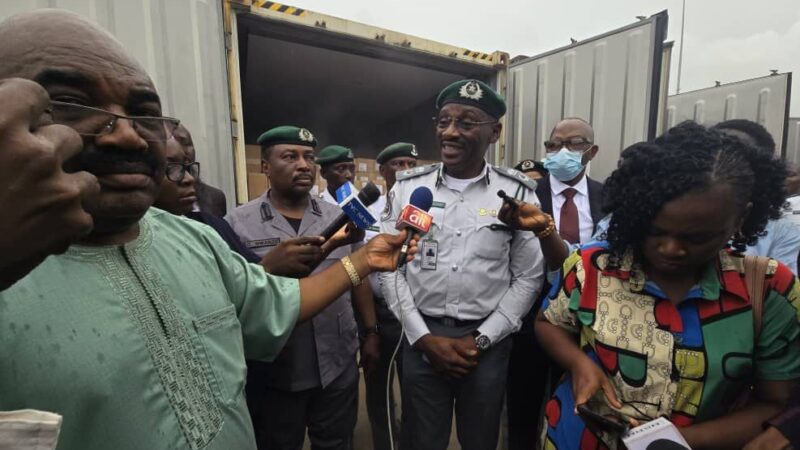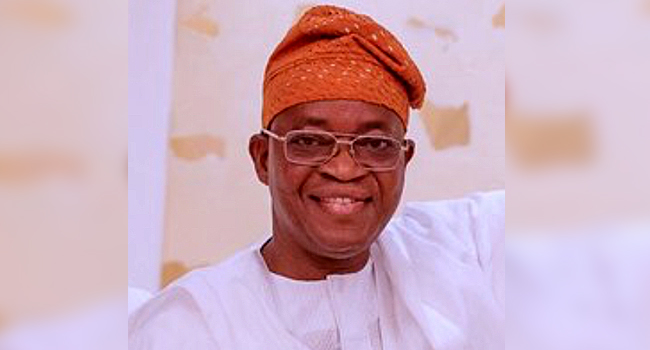SIFAX Boss Calls For Improved Investments In Maritime Sector
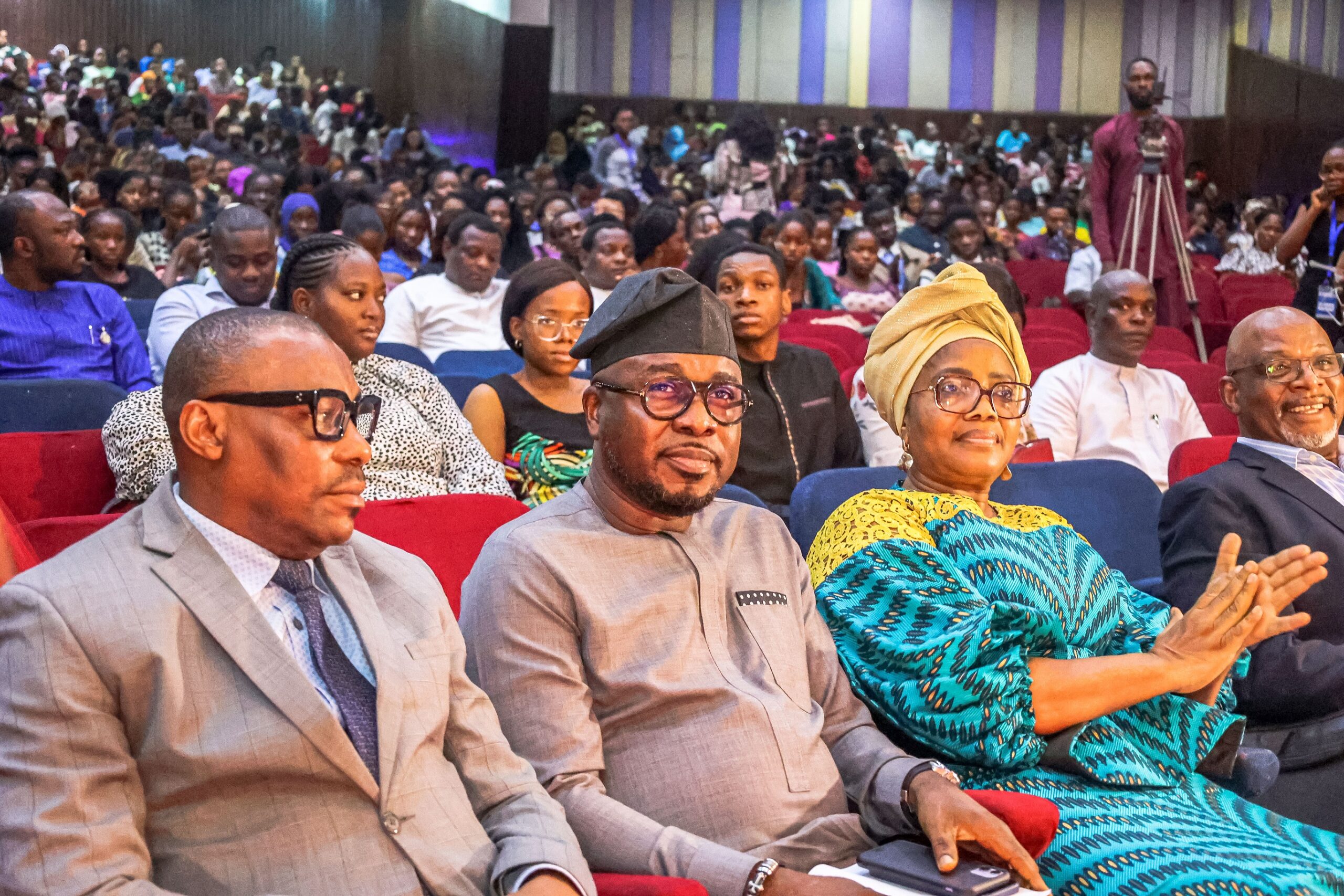
As Nigeria is transitioning to a non-oil dependent economy, attention needs to be shifted towards other critical sectors, especially the maritime industry, so they could contribute substantially to the country’s Gross Domestic Product (GDP).
Speaking at the 5th edition of the Taiwo Afolabi Annual Maritime (TAAM) Conference held at the University of Lagos (UNILAG), Dr. Taiwo Afolabi, Chairman, SIFAX Group, said the dwindling oil revenue in recent years and the huge potentials locked in the maritime sector make it imperative for the Federal Government to show better commitment to the industry.
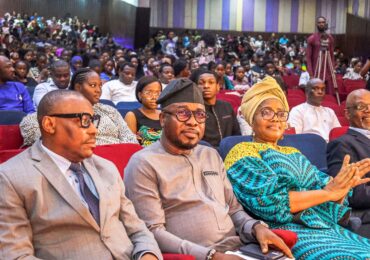
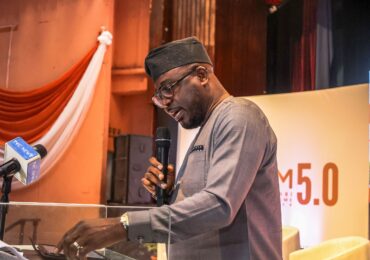
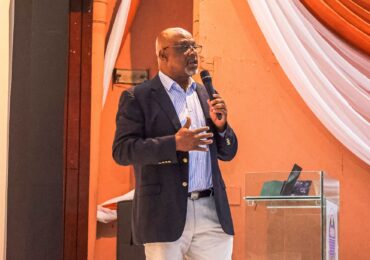
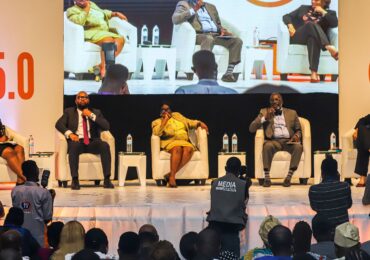
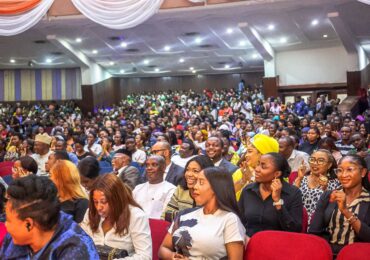
He said: “The country’s national budget, in the last few years, has been majorly
funded without revenue from oil but from other sectors. The days of over reliance
on oil is behind us now and it’s time we focused on transitioning from an oil-
dependent economy to non-oil reliance. The maritime sector, I can say without
any fear of contradiction, will play a crucial role in this economic transitioning if
more attention is committed to the industry.”
Despite the growth that the industry has witnessed in the recent years including
development and approval of various deep-sea ports, springing up of inland
container depots across the country, linking seaports with rail lines, among
others,
Afolabi further noted that the sector is still facing with major problems which are
slowing down its growth and impact.
He said: “It is without doubt that the maritime industry in Nigeria is grappling with
various issues including infrastructural deficit, foreign exchange bottleneck,
insecurity on our waterways, low level of technology adoption and deployment as
well as inconsistent policies, among others. These issues have largely limited the
ability of the sector to contribute significantly to the country’s Gross Domestic
Product (GDP). If well harnessed, the maritime industry has the potential to
become a major revenue earner for the country, particularly with the declining oil
revenue.”
The TAAM Conference is a maritime summit organised by the Maritime Forum of
UNILAG’s Law Faculty in partnership with the SIFAX Group and serves as a
platform where key maritime issues that border on the sector’s sustainable
growth are discussed, while also stimulating the interests of university students in
the industry.
The theme of this year’s conference is “The Maritime Roadmap Project: Making
Nigeria A Leading Maritime Nation In The World.”
WELCOME ADDRESS BY DR. TAIWO AFOLABI (MON), CHAIRMAN, SIFAX GROUP AT
THE 5TH TAIWO AFOLABI ANNUAL MARITIME (TAAM) CONFERENCE ORGANISED
BY THE MARITIME FORUM, UNILAG AT THE J.F. ADE AJAYI AUDITORIUM ON
FRIDAY, MAY 19, 2023
The Vice-Chancellor, University of Lagos,
Dean of Faculty of Law, University of Lagos,
The Chairman of today’s occasion,
Distinguished Members of the Academia,
Eminent Personalities in the Legal and Maritime Professions,
Management Team of SIFAX Group,
The Executive and Members, Maritime Forum, University of Lagos,
Gentlemen of the Press,
Distinguished Ladies and Gentlemen.
I am extremely delighted to welcome you all to the 5 th edition of the Taiwo Afolabi
Annual Maritime Conference holding today. After three years of not being able to
organise this programme occasioned by the COVID-19 pandemic and the ASUU strike
of 2022, it is a good feeling having you join us to take another look at developments
in our beloved maritime industry.
The TAAM Conference, a partnership between the Maritime Forum of this
university’s Law Faculty, was birthed to serve as a platform where key issues that will
engender innovations and practical ideas needed to sustain growth of the maritime
sector are discussed and workable solutions are proffered to challenges confronting
the sector.
It is without doubt that the maritime industry in Nigeria is grappling with various
issues including infrastructural deficit, foreign exchange bottleneck, insecurity on our
waterways, low level of technology adoption and deployment as well as inconsistent
policies, among others.
These issues have largely limited the ability of the sector to contribute significantly
to the country’s Gross Domestic Product (GDP). If well harnessed, the maritime
industry has the potential to become a major revenue earner for the country,
particularly with the declining oil revenue.
Ladies and gentlemen, the lessons of the last few years as a nation should not be lost
on us. The non-oil sector is increasingly becoming the mainstay of the country’s
economy. We have funded our national budget in the last few years majorly without
proceeds from oil but from other sectors. The days of our over reliance on oil is
behind us now and it’s about time we focused on transitioning from an oil-
dependent economy to non-oil reliance. The maritime sector, I can say without any
fear of contradiction, will play a crucial role in this economic transitioning if more
attention is committed to the industry.
This year’s theme – The Maritime Roadmap Project: Making Nigeria A Leading
Maritime Nation In The World – is an effort in this direction.
Looking carefully at the theme, you will discover that it is an ambitious one, as we
are looking beyond positioning in Africa. Judging by the potentials of the industry,
we are of the opinion and belief that Nigeria’s maritime industry can rank among the
best in the world. It will only take careful planning, progressive policies, generous
funding, enabling environment, friendly economic policies, manpower development
and massive infrastructural development.
A good foundation for the sustainable growth and positioning we earnestly crave has
been laid. The sector has professionally-run government agencies including the
Nigerian Ports Authority (NPA), Nigerian Maritime Administration and Safety Agency
(NIMASA) and the Nigerian Shippers Council that have contributed significantly to
the growth that we have.
In 2006, the Federal Government opened up the industry for private sector
participation, especially in port terminal management. These concessionaires have
made a mark in the last 17 years through the deployment of technology, investment
in infrastructure and facilities and topnotch business strategy that have changed the
face of service delivery at our ports.
The developments of new ports and inland container depots across the country, for
example, the Lekki Deep Seaport and the Dala Inland Container Depot in Kano which
our company, SIFAX Group serves as technical and business consultant for, is a
testament of the abiding faith of investors in the industry.
Linking the seaports to dry ports located at hinterlands with rail lines which is
ongoing will certainly be a game changer if this effort is sustained.
It’s not only about the port operations or cargo movements, maritime security is
another critical aspect that we can’t deny has improved. The Nigerian Navy must be
commended for curbing the incessant piracy issue on national waters and around
the Gulf of Guinea which injures business flow.
Despite these wins, we can’t deny we have a lot to attend to.
Distinguished ladies and gentlemen, we are privileged to have in our midst today
experts from the industry, the academic and the business world to do justice to the
theme of this conference. I am convinced the insights that will be generated by the
keynote speaker, the panelists as well as the contribution from others will signpost a
new dawn for our industry in a bid not only to become a global maritime force but
also huge revenue earner domestically.
Let me conclude by commending the organizers of this great conference, the UNILAG
Maritime Forum, for their dedication and resilience in ensuring we finally have the
TAAM Conference after a long break. I appreciate your resilience and commitment
to the vision.
I also want to thank the team at SIFAX Group who has demonstrated so much
enthusiasm about this event since inception and worked very hard, alongside the
Maritime Forum officials, to make it a reality.
I wish you all a meaningful and successful deliberation. Thank you and God bless.



